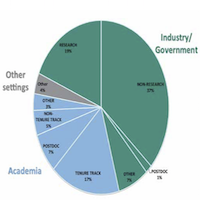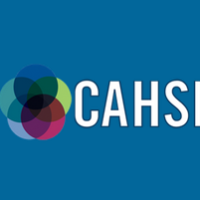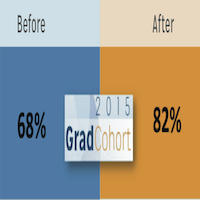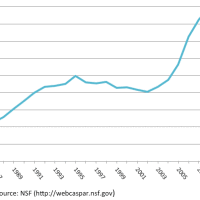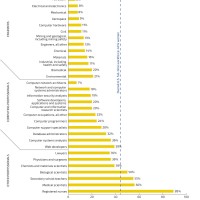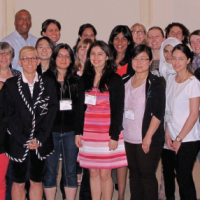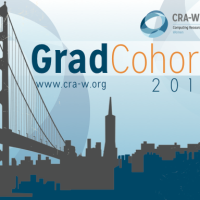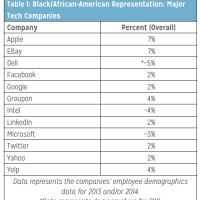
The State of African-Americans in Computer Science – The Need to Increase Representation
In the field of computer science, African-Americans are considered one of many groups who are underrepresented. Even though African-Americans comprise 13.2% of the U.S. population [8], their current representation in computer science is not proportional. This underrepresentation is especially visible in the industry and academic employment sectors of computer science.
This reality has caused many to question why diversity is scarce among employees at major technology companies in the United States [3]. Within the academy, the issue of underrepresentation, along with concerns regarding the recruitment, retention, and production of African-American computer scientists, has been brought to the forefront.


